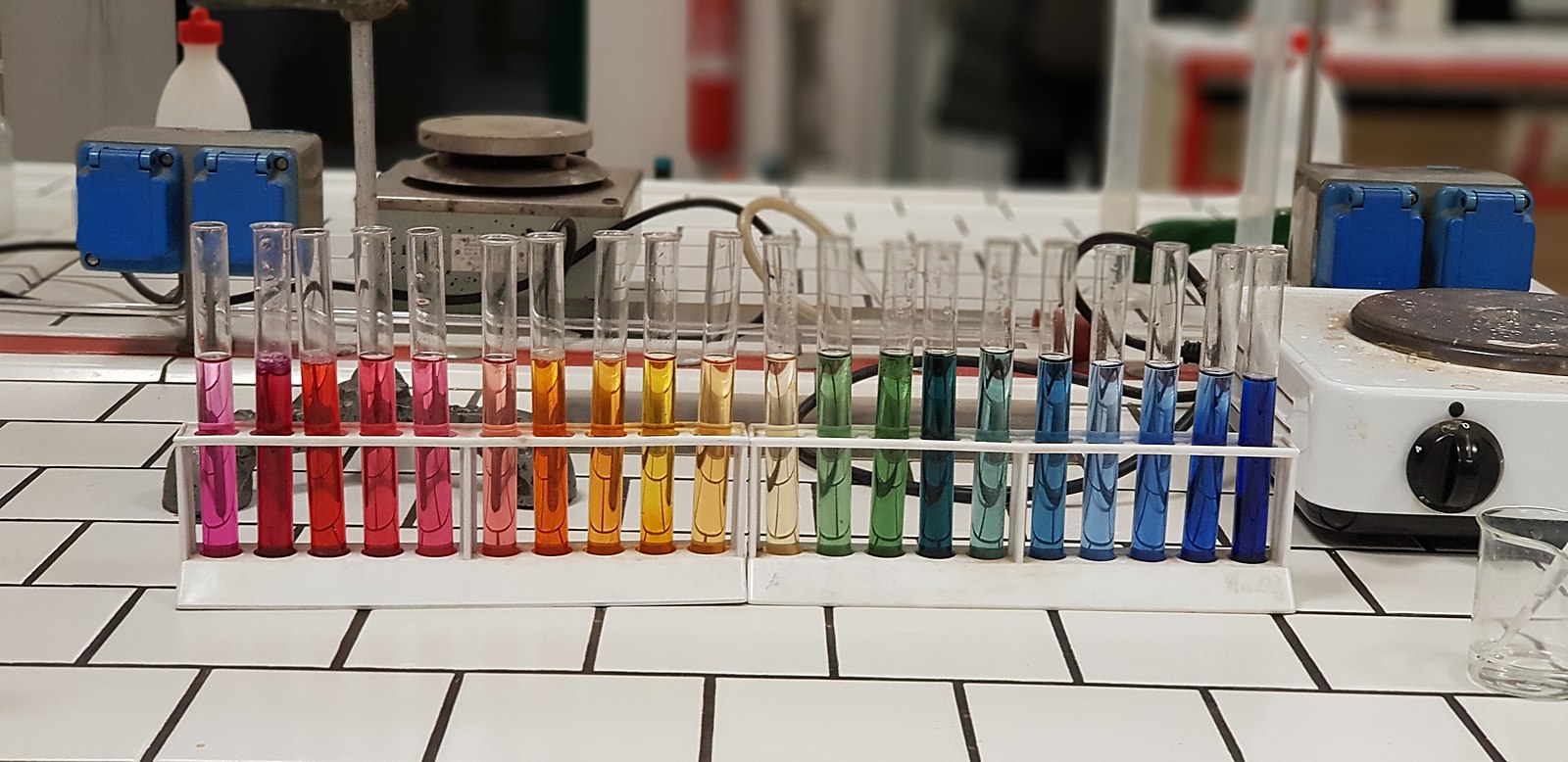The pH value of distilled water is slightly acidic, typically around 6.9, while rainwater has a pH value of approximately 5.6. This acidity in rainwater is primarily due to the absorption of naturally occurring, acidic carbon dioxide from the atmosphere, which forms carbonic acid when dissolved in raindrops. Additionally, rainwater can contain small contaminants, such as sulfuric acid or weak organic acids, which form from both polluted and pristine environments.
Understanding the pH of Distilled Water
Distilled water is produced through a process of distillation, where water is heated to its boiling point and the steam is condensed and collected, leaving most impurities behind. However, even distilled water can have a slightly acidic pH due to the dissolution of carbon dioxide from the air, forming a dilute solution of carbonic acid.
Factors Affecting the pH of Distilled Water
- Carbon Dioxide Absorption: Distilled water can absorb carbon dioxide from the air, forming a dilute solution of carbonic acid, which lowers the pH.
- Impurities: While distillation removes most impurities, trace amounts of contaminants may still be present, which can affect the pH.
- Temperature: The pH of distilled water can be slightly influenced by temperature, with higher temperatures generally resulting in a lower pH.
To balance the pH of distilled water, one could add a small amount of a basic substance, such as sodium hydroxide (NaOH) or potassium hydroxide (KOH), to raise the pH value.
Understanding the pH of Rainwater
Rainwater has a pH value of approximately 5.6, which is slightly acidic. This acidity is primarily due to the absorption of naturally occurring, acidic carbon dioxide from the atmosphere, which forms carbonic acid when dissolved in raindrops.
Factors Affecting the pH of Rainwater
- Carbon Dioxide Absorption: Rainwater absorbs carbon dioxide from the atmosphere, forming carbonic acid, which lowers the pH.
- Contaminants: Rainwater can contain small amounts of pollutants, such as sulfuric acid or weak organic acids, which can further lower the pH.
- Geographic Location: The pH of rainwater can vary depending on the geographic location, with areas with higher levels of air pollution generally having more acidic rainwater.
To lower the pH of rainwater, one could add a small amount of an acidic substance, such as hydrochloric acid (HCl) or sulfuric acid (H2SO4). However, it is essential to exercise caution when adding any chemicals to water, as even small amounts can have significant effects on the pH value.
Importance of Proper pH Levels
When it comes to consuming water with a specific pH value, it is generally recommended to aim for a neutral or slightly alkaline pH, typically between 7 and 8.5. Consuming water with a very low or very high pH can have adverse health effects, as the acidity or alkalinity can disrupt the body’s natural pH balance.
Potential Health Impacts of Improper pH Levels
- Acidic Water: Consuming water with a very low pH (below 7) can lead to digestive issues, tooth enamel erosion, and potential damage to the esophagus and stomach lining.
- Alkaline Water: Consuming water with a very high pH (above 8.5) can cause skin irritation, nausea, and disruption of the body’s natural pH balance.
Therefore, it is crucial to ensure that any water consumed, whether distilled or rainwater, has been properly treated and tested to ensure its safety and appropriate pH level.
Conclusion
In summary, the pH value of distilled water is slightly acidic, around 6.9, while rainwater has a pH value of approximately 5.6. Both types of water can contain small contaminants and may require adjustments to their pH values for specific uses. When consuming water, it is essential to ensure that it has been properly treated and tested to maintain a neutral or slightly alkaline pH level, typically between 7 and 8.5.
References:
1. What is the pH of rain water and distilled water? – Quora. https://www.quora.com/What-is-the-pH-of-rai
2. Difference in pH of water and rainwater – Chemistry Stack Exchange. https://chemistry.stackexchange.com/questions/71592/difference-in-ph-of-water-and-rainwater
3. The pH of water from various sources: an overview for recommendation for … https://www.ncbi.nlm.nih.gov/pmc/articles/PMC3736366/
4. rain water vs. distilled water – Microbehunter Microscopy. https://www.microbehunter.com/microscopy-forum/viewtopic.php?t=18791
5. What Is The pH of Distilled Water? | The Chemistry Blog. https://www.chemicals.co.uk/blog/ph-of-distilled-water

